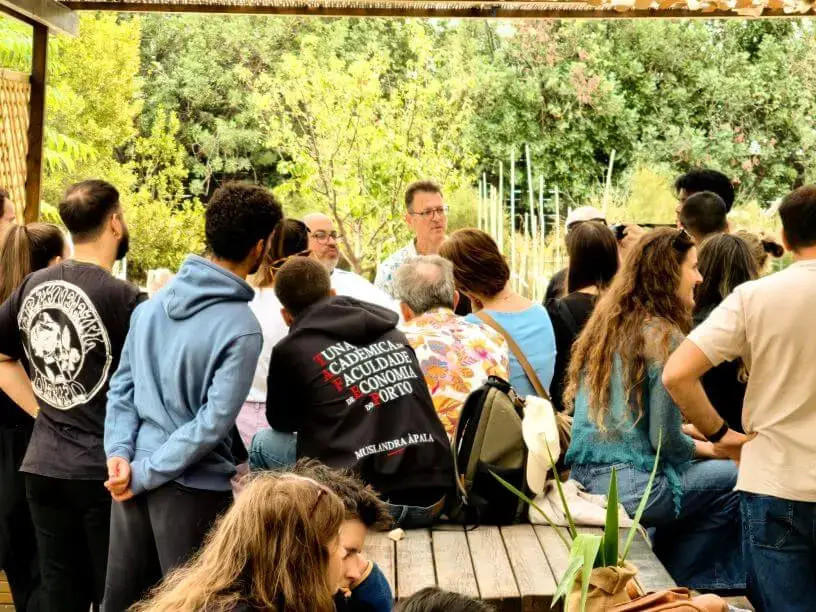Why should I care?
Can you imagine a grey world without trees, fruits, and fragrant flowers?
A world where silence replaces life? This is the future we are shaping if we don't act now.
Narration: Konstantinos Potamianos
The problem
In recent years, Bees — solitary, social, and wild — have been declining dramatically, both in abundance and diversity. Human activities destroy their natural habitats and disrupt the delicate balance of ecosystems.
Without Bees, animals and plants perish, and life becomes impoverished — not only in nature, but also in the soul of our culture.
With Bees, we also lose a piece of the wisdom once connected humans to nature: the memory and values that taught us respect, harmony, and balance.


The importance of Bees
Bees are the invisible guardians of life — humble pollinators who provide food, colour, and continuity to all living things. Thanks to them, forests regenerate, the earth bears fruit, and the cycle of life continues.
Since ancient times, Bees were revered as invisible helpers of the gods. In mythology, art, and tradition, they became symbols of wisdom, cooperation, and unity — values that modern society has begun to forget. Their society reminds us that balance and prosperity are only achieved through collectivity and mutual support.
"If one way be better than another, that you may be sure is nature's way."
— Aristotle



Our Action
At Beelosophy, we see how every action that connects people, nature, and culture is a small step toward collective change. It matters to all of us, because it affects the life around us: the land, the flowers, our food, and the future of our children. Bees show us the way to rediscover our balance with the Earth.
